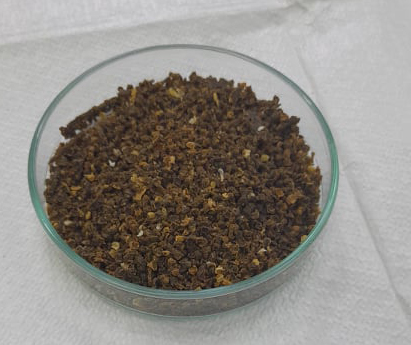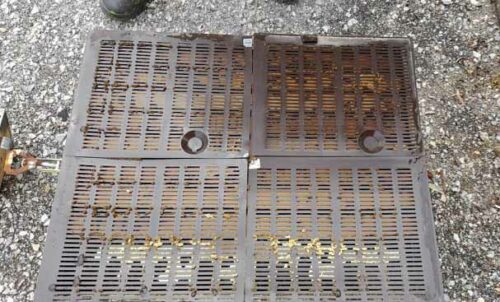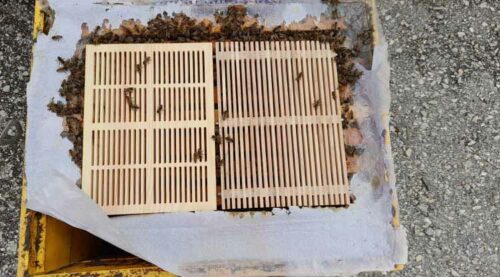Still cold for spring, especially if you are in Greece, but our ‘million dollar’ ladies are working hard for us! Yes indeed, for us! We asked them to show us their ability to collect propolis, even if it cold. Normal temperatures for March I would say, maybe average 13-15 oC. Why propolis? Please, take a look below.

Propolis is, resin-like material which bees collect from plant exudate and used mainly for sealing the beehive. Propolis value to medicine and human health has long been recognized as an antimicrobial, antioxidant, antiinflammatory and antitumour product. Due to its lipophilic capacity, and its exposure inside the honey bee colony as well as on the plants, accumulates higher amounts of acaricides, pesticides and heavy metals when compared to honey or pollen, a fact that makes propolis a very good matrix for environmental monitoring studies.
Honey bees collect propolis almost all year round, but higher quantities are collected when the colony is in need and there are special plants or flowering buds available. Special sheets or screens are available in the market for this purpose, where the bees collect high amounts of propolis clean from wax and other hive debris. That is why, in INSIGNIA –EU we started a pilot study to determine the amount of propolis that can be collected in short intervals, as well as the type of the screen more suitable according to the race of the temperament of the bees or temperature, etc.

![]()

Three types of screens were installed. The brown commercial screen by ANEL STANDARD, a silicon white screen and wooden handmade screens from Latvia, as you can see above. In 8 days, we collected already enough propolis (>10g) necessary for the analysis of microplastics, heavy metals, PAHs and VOCs! Greece, Italy, Portugal, Latvia, Denmark and Austria will test the screens! More results in a few months!
Realization:
Fani Hatjina, Greece, April 2022,
